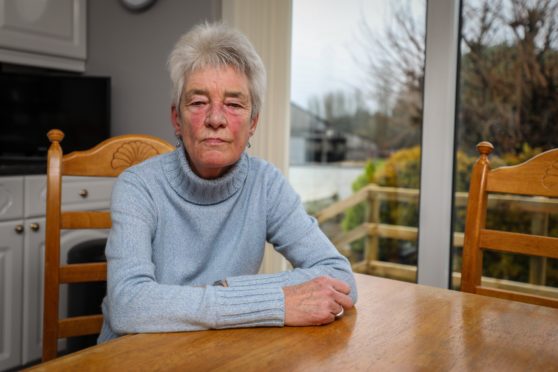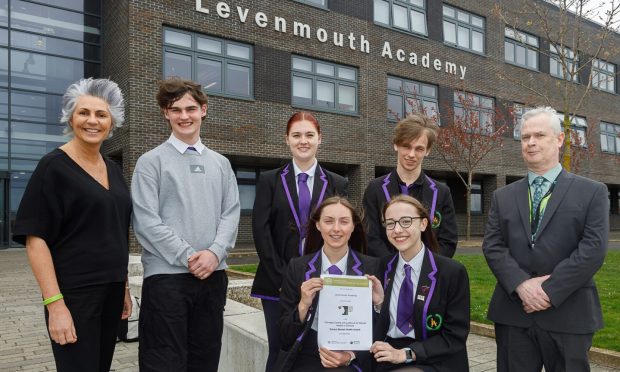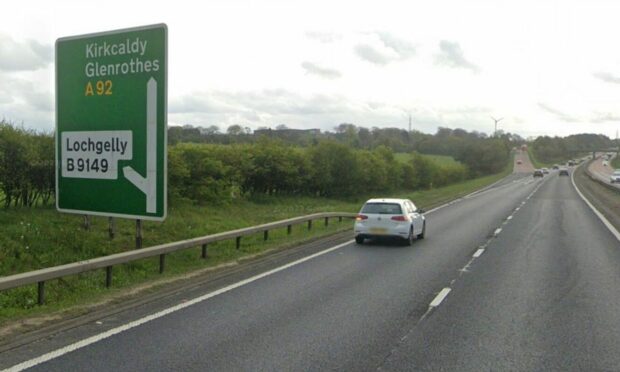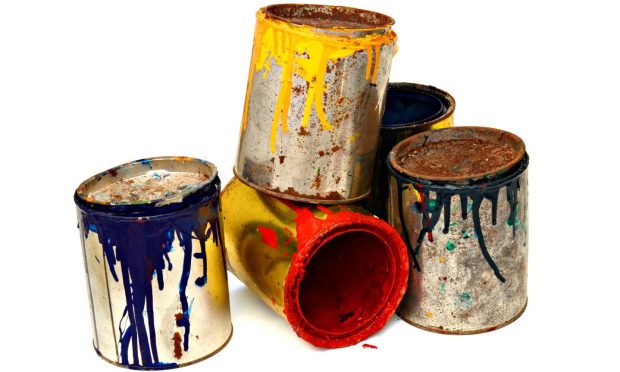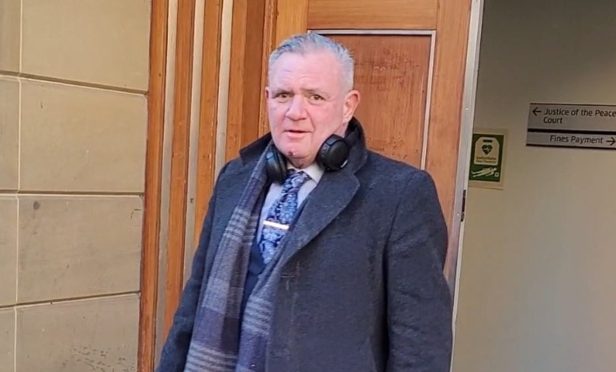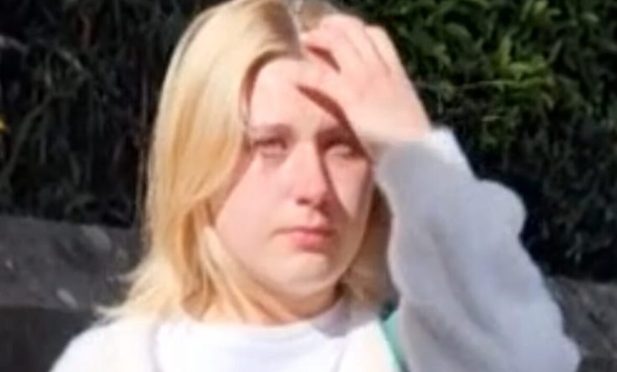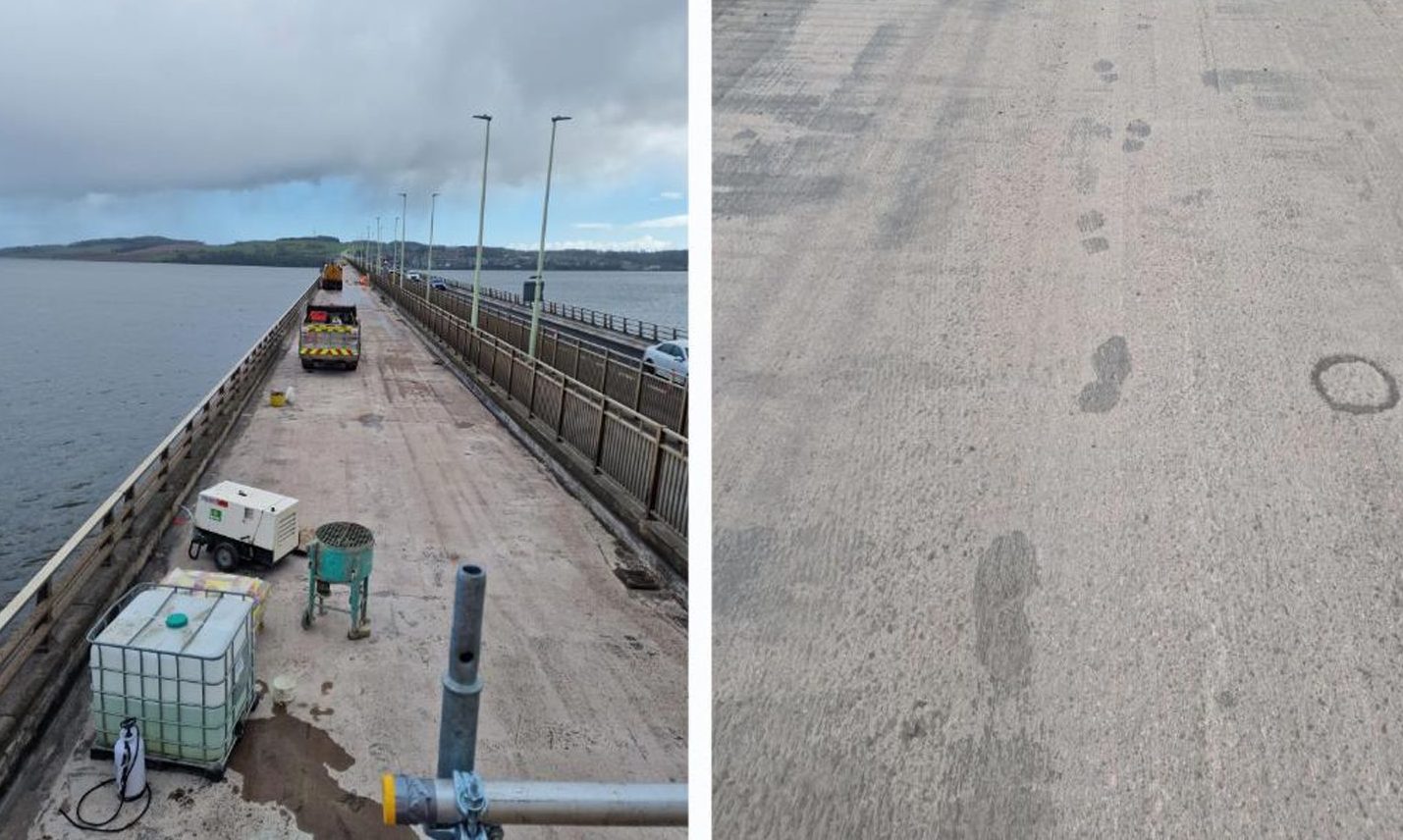A Fife mouth cancer survivor fears the impact of Covid-19 could have a devastating effect on the early detection of the disease which could have killed her.
Barbara Boyd, 61, from Kelty, is pleading with people to seek medical help if they have any issues with their mouths and has called on the UK’s chief dental officers to promote the use of mouth self-examination (MSE), which would enable people to pick up any persistent changes before it is too late.
With dental practices unlikely to reopen fully until August at the earliest, there are concerns that people may be reluctant to flag up any noticeable changes right away to their dentist or doctor.
Barbara, who is a strong supporter of the Let’s Talk About Mouth Cancer (LTAMC) charity, became involved with the organisation following her own illness, although thankfully she is now clear of the disease.
“Having my mouth cancer diagnosed at an early stage is what saved my life.
“MSE is easy, all you need is a mirror, a bright light and your own two hands.
“If you notice any changes in your mouth which persist for more than two weeks it is crucial that you get in touch with your dentist for advice, even if they are not open for routine care.”
Barbara has done a lot in recent months to raise the profile of the charity, and to increase awareness of the disease and promote MSE.
She initially thought she had cut her gum or had an ulcer and was stunned when she learned four months later she had cancer on her tongue.
The former PE teacher subsequently had a third of her tongue removed and a neck dissection, involving the removal of 46 lymph nodes.
“Early diagnosis is absolutely crucial. It’s crucial that dentists and health professionals are aware of the prevalence of this and what to look out for.
“I think if my cancer had been detected when I first thought something was there I would not have had to have the neck dissection.”
Charity trustee and NHS dentist, Ewan MacKessack-Leitch, added the importance of people undertaking MSE at home and highlighting any problems.
He added: “During a dental check-up, a dentist will always assess the mouth for the early signs and symptoms of mouth cancer.
“The potentially lifesaving opportunity to check for signs of mouth cancer at routine dental visits is being missed.
“Early detection is vital and leads to a higher chance of survival – the earlier mouth cancer is detected the quicker it can be treated.”
